Did you know that your organs, tissues, muscles, and hormones are all made from proteins? The protein found in foods is used by the body to develop, grow, and function properly. It can be argued that nothing is more important than consuming foods that are rich in protein, and because proteins are involved in just about everybody’s function, it’s important that you consume the right foods every day.
We need to eat plenty of protein foods every day to keep our metabolism running, our energy up and our blood sugar levels stable. You might eat enough protein overall, but do you eat the right kinds? Let’s take a look at some of the most powerful high protein plant-based foods for your health.
Top 10 Protein Foods to Include in Your Diet
- Avocados (1 cup: 3 grams)
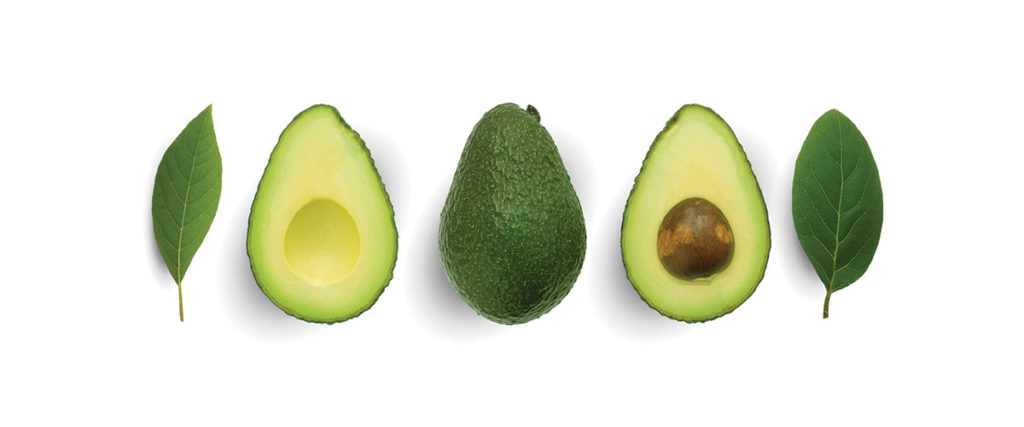
I put avocados on the top of the list because I think they are delicious and very healthy—and packs a huge protein punch. Having the highest protein and lowest sugar content of any fruit, avocados offer a unique balance to building lean muscle mass and burning fat.
Avocados are a nutrient-dense fruit that contains about 20 vitamins and minerals. Avocados’ health benefits include better heart and digestive health; healthy skin, hair, and eyes; cancer prevention, and weight loss, among others.
- Lentils (1 cup: 18 grams)
Eating lentils is a great way for vegetarians and vegans to get enough protein in their diets. A cup of lentils checks a lot of boxes off the nutrient list, including protein, fiber, folate, manganese, iron, phosphorus, potassium, and B vitamins, just to name a few. The protein in lentils helps boost cardiovascular health, aid digestion, regulate blood sugar levels, and alkalize the body.
- Black Beans (1 cup: 15 grams)
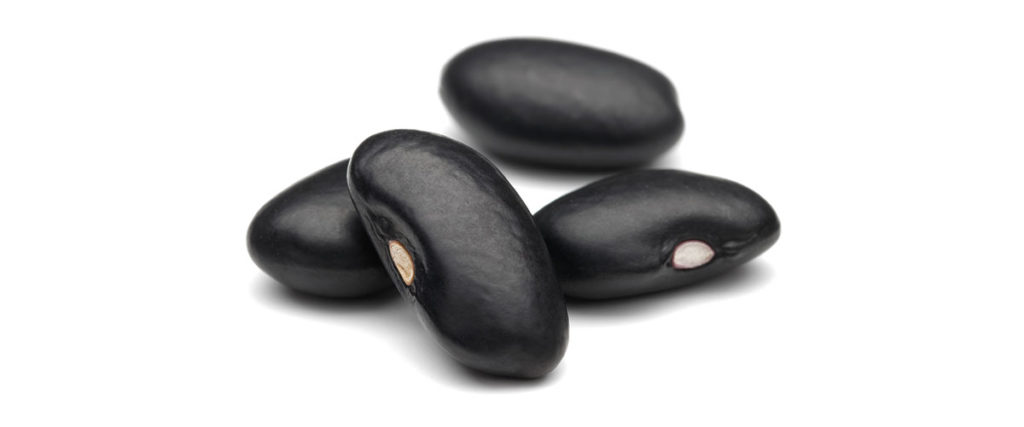
Black beans are another high-protein food that can be consumed by people following a vegetarian or vegan diet.
Black beans are an excellent source of both protein and fiber, which can help to make you feel full and satisfied after eating, while also controlling your blood sugar levels so you don’t experience blood sugar highs and lows. The protein and fiber duo found in black beans also helps the body absorb nutrients and release acids into the bloodstream, which makes you feel energized and helps to cleanse your digestive tract.
- Lima Beans (1 cup: 14.6 grams)
In addition to filling protein, lima beans contain the amino acid leucine, which may play a big role in healthy muscle synthesis among older adults.
- Chickpeas (1 cup: 39 grams)
Chickpeas are an excellent source of fiber, which has multiple health benefits, including helping to foster a healthy digestive system, making us feel full and satisfied, improving cardiovascular health, and more. High protein content will keep you satiated and will help cut down the cravings.
- Chia Seeds (1 cup: 24 grams)
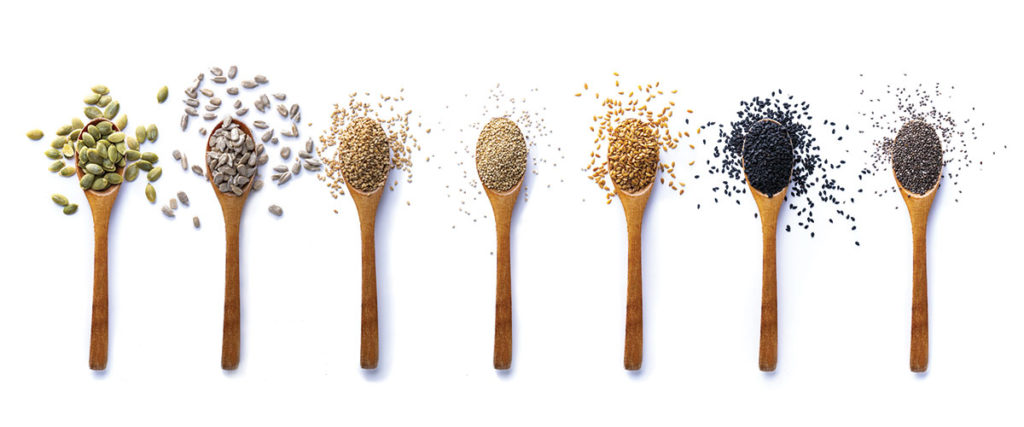
Chia seeds are a good source of fiber, omega 3s, antioxidants, plant-based protein, magnesium, and potassium. It is hard to believe but a cup of chia pudding may help reduce inflammation, makes you feel satiated, reduces cravings, helps with digestion, and regulates blood sugar.
- Pumpkin Seeds (1 cup: 12 grams)
Pumpkin seeds may be small, but they are packed with valuable nutrients. Eating only a small amount of them can provide you with a substantial-quality healthy fats, magnesium, zinc, and protein. Because of this, pumpkin seeds have been associated with several health benefits such as improved heart health, prostate health, and protection against certain cancers.
- Pea Sprouts (1 cup: 3 grams)
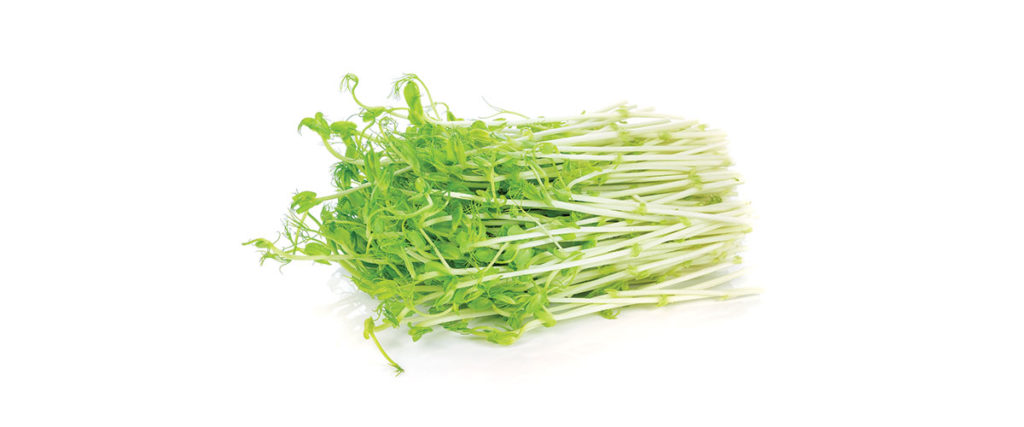
The average person needs at least 50 grams of protein each day. A cup of sprouts from legumes or wheat provides you with about 15 to 20 percent of your protein intake for the day. The young pea sprouts have concentrated nutrition and blood cleansing properties. They are also an excellent source of fiber.
- Spinach (1 cup: 1 gram)
Spinach is one of the most nutrient-dense leafy green vegetables you can eat.
Protein accounts for 30% of its calories and it contains all the essential amino acids. One cup serving provides 1 gram of protein and 181% of the RDI for vitamin K. It also contains high amounts of folate, manganese, magnesium, iron, potassium, calcium, vitamin A and vitamin C. Besides its high protein content, spinach contains plant compounds that can increase antioxidant defense and reduce inflammation. In one study, 20 athletes who took spinach supplements for 14 days experienced reduced oxidative stress and less muscle damage. (https://pubmed.ncbi.nlm.nih.gov/24921623)
Lastly, regularly consuming spinach has been linked to as much as a 44% lower risk of breast cancer (https://www.ncbi.nlm.nih.gov/pubmed/9367061).
- 10. Raw Living Spirulina (1 cup: 20 grams)
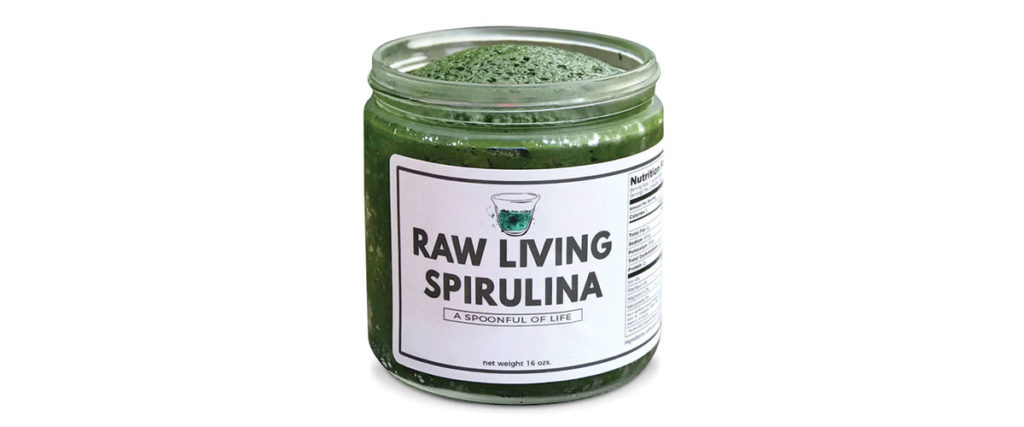
The protein content in Raw Living Spirulina includes all of the essential amino acids, making it a complete source of protein. The nutritional value of Spirulina has been recognized by ancient civilizations, including the Aztecs and native inhabitants of Africa, and has been used as a nutritional staple for centuries. Incorporating these nutrient-dense superfoods into your diet will provide your body with protein and essential nutrients like calcium, iron, potassium, and magnesium.
Raw Living Spirulina also contains vitamins A, C, E, and several of the B vitamins, including thiamin, riboflavin, vitamin B-6, and folate.
You can purchase Raw Living Spirulina here (https://www.rawlivingspirulina.com/raw-living-spirulina-shop/)
As you can see, many healthy protein options are available to choose from. In a previous blog post, I made a guacamole recipe that is packed with creaminess and flavor. You can get the recipe here (https://www.rawlivingspirulina.com/raw-living-spirulina-guacamole/#prettyPhoto).
Be creative and start using avocados, sprouts, lentils, spinach, pumpkin seeds, chia seeds, chickpeas, and beans at home daily — whether with breakfast, lunch, dinner, or snacks and let us know how you feel.
#rawlivingspirulina



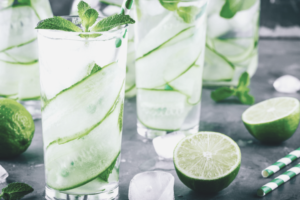
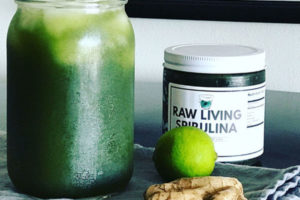
Recent Comments